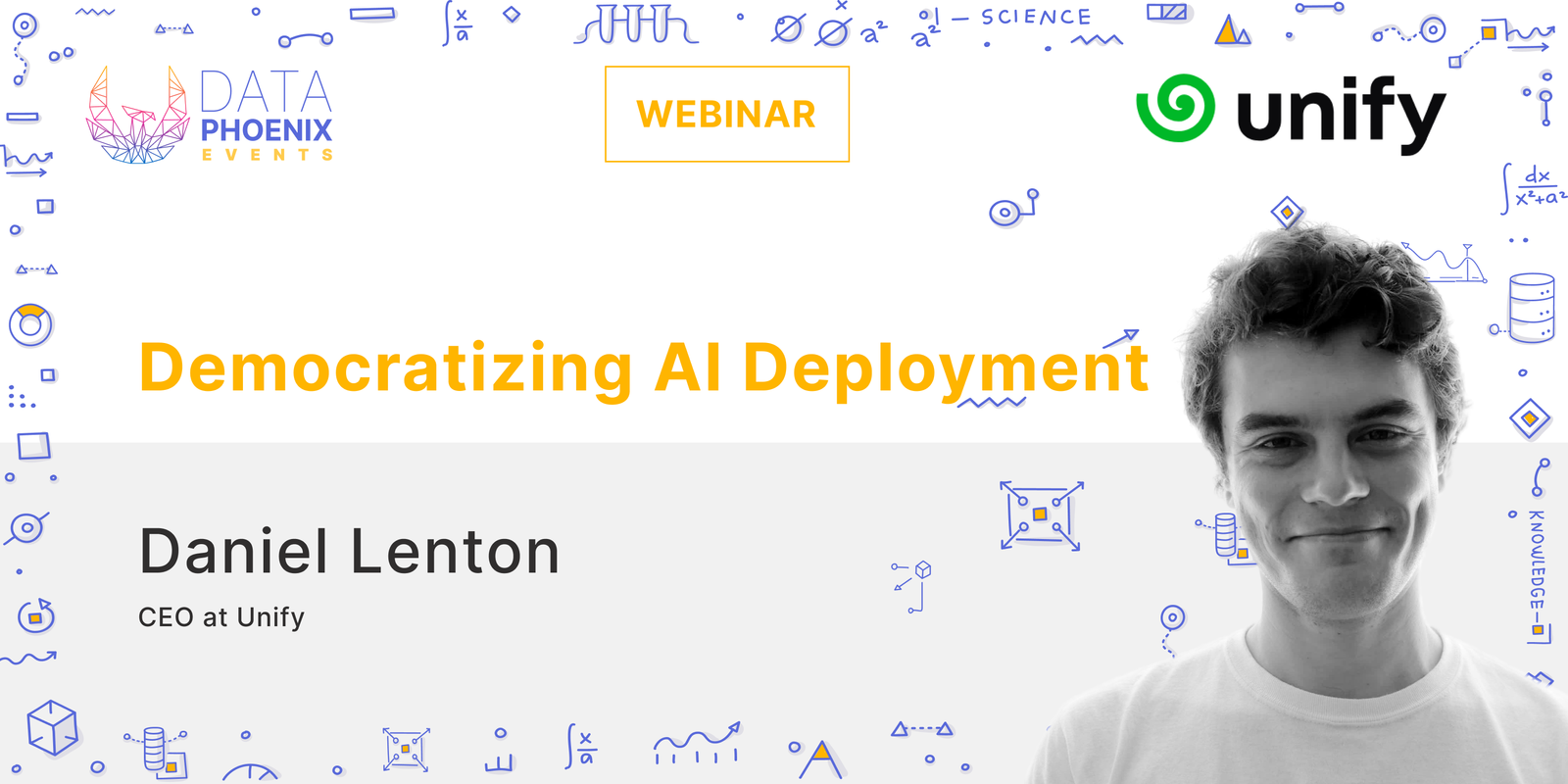Deploying AI models remains a very complex problem, due to a deeply fragmented stack of incompatible tooling. The stack can be broken down into four areas: the orchestration layer, compression techniques, compiler infrastructure, and the hardware. We will cover each of these areas, and their unique challenges. When formulating optimal deployment recipes, each of these layers in the stack needs to be considered in a holistic manner, and decisions at one level affect the decision at every other level. At Unify, we're building the world's only fully open catalogue of AI tools, both open source and proprietary, and we're developing novel ways of combining these tools to create optimal deployment solutions for a variety of different use cases. During the talk, we will discuss the different kinds of decisions needed when deploying in different contexts. We will then also present demos of lightning fast applications, which are possible due to this unique holistic approach.
Speaker:
Daniel Lenton is the founder and CEO at Ivy, on a mission to accelerate AI development and deployment by unifying the fragmented AI stack. Prior to founding Ivy, Daniel was a PhD student in the Dyson Robotics Lab, where he conducted research at the intersection of Machine Learning, Computer Vision and Robotics. During this time, he also worked at Amazon on their drone delivery program. Prior to this, he completed his Masters in Mechanical Engineering at Imperial College, with Dean's list recognition.
Democratizing AI Deployment







Comments